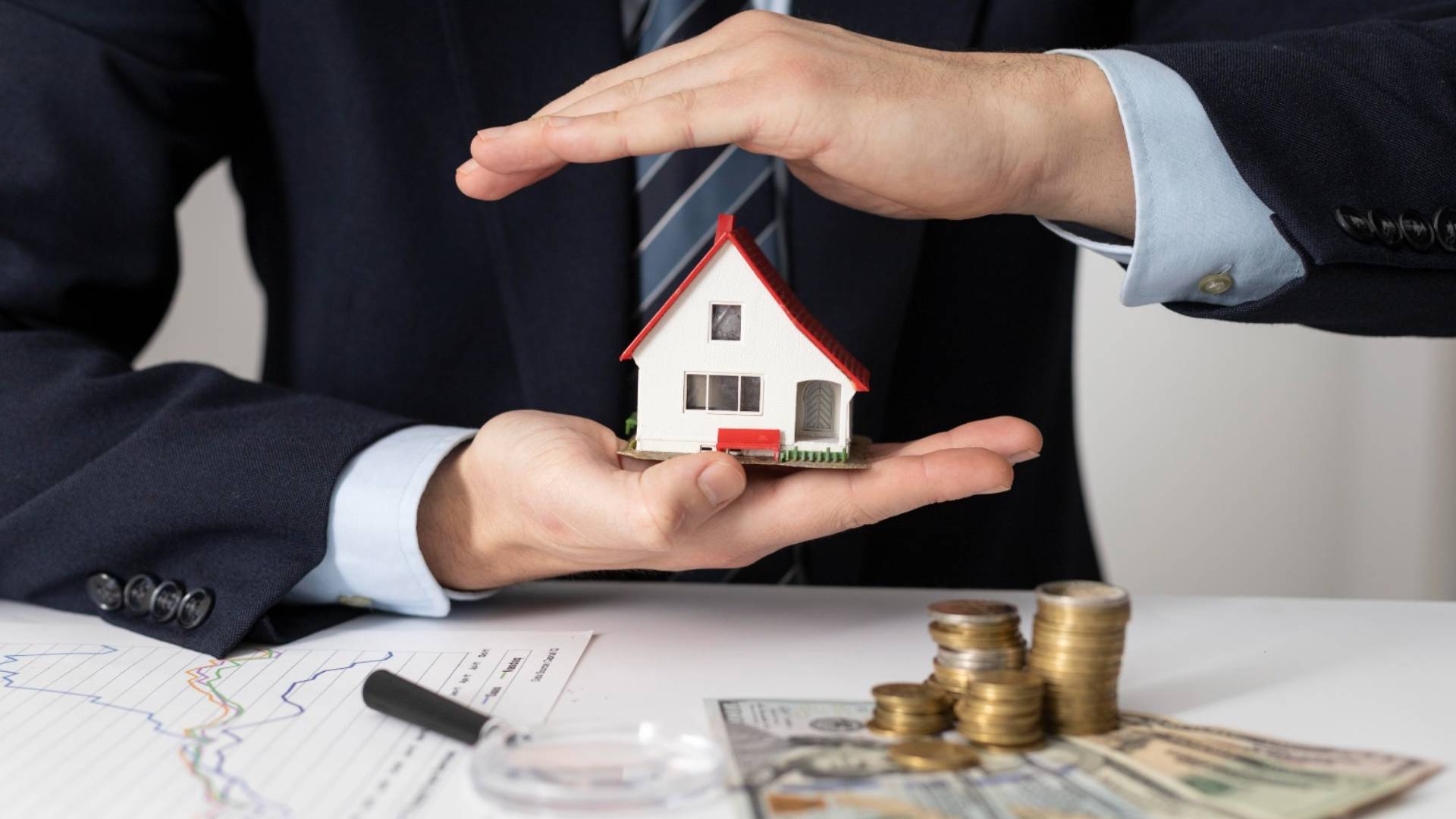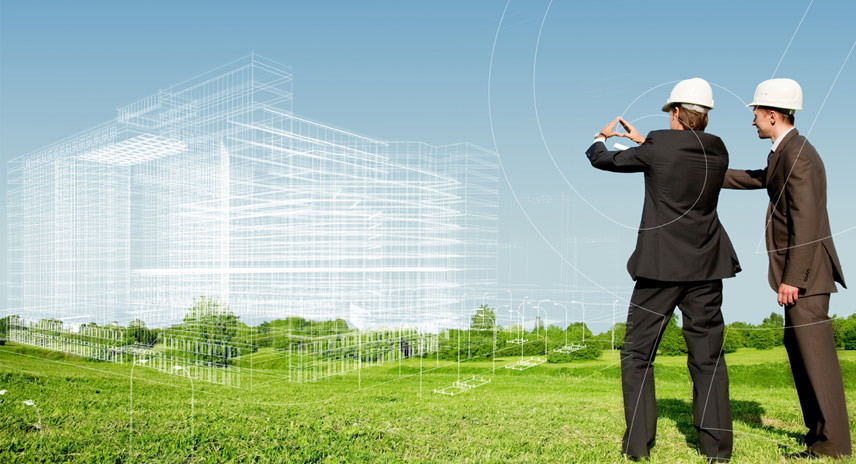The Role and Affect of Property Developers in Shaping Urban Landscapes
The Role and Affect of Property Developers in Shaping Urban Landscapes
Blog Article
In the world of real estate, property developers stand as the architects of urban environments in the present and are responsible for transforming areas of land that are not being used into growing communities and commercial hubs. Developers play a crucial function in shaping the skylines of cities and addressing the housing requirements, as well as driving economic development. Their ventures encompass a myriad of ventures, which range from housing developments to commercial places, and each leaves an indelible mark on the cities they inhabit.
In the midst of real estate developer's duties is the selection and acquisition of the most suitable property parcels to develop. In the initial stages, they must conduct a rigorous research, market analysis study, feasibility studies and risk assessment to determine that the feasibility and financial viability of the project. Developers have to navigate the zoning laws along with environmental concerns, as well as legal issues to obtain the necessary approvals and permits. Their ability to spot the untapped opportunities in areas that are not being explored often paves the way for an economic boom and revitalization in cities.
However, the quest for profits can be at times in conflict with more general societal concerns. One of the issues regarding property developers is phenomenon of growing gentrification. As they invest in neglected neighborhoods or historical districts the property value rises, attracting affluent residents and businesses. As this brings new revitalization to areas once drained of life however, it can also cause displacement of long-time residents and small businesses increasing socio-economic inequality. The balance between revitalization and the protection of the community's identity as well as affordable living is a major problem for both policymakers and developers alike.
Beyond the mortar and bricks Property developers have a significant influence on the socioeconomic structure of local communities. They can be catalysts for business growth and attract businesses, investors, and residents from previously neglected areas. In reviving abandoned neighborhoods or revitalizing outdated structures developers contribute to the cultural and urban renaissance of cities. This transformative power also raises concerns about displacement, gentrification and the loss of local identity. As the stewards for change developers are required to participate to dialogue in an open manner with other stakeholders, fostering inclusive development that is beneficial to all of society. To gather more information please try here
Since the past few years, the evolution of technology has revolutionized the property development industry which has brought about a new age of digital innovation along with smart urbanization. In everything from virtual-reality simulations, to automated analytics for developers, they utilize the latest tools and techniques to simplify designing processes, boost ability to make decisions and maximize resource allocation. In addition, sustainability is emerging as a crucial requirement prompting developers to integrate green construction practices, renewable energy sources, and sustainable designs into their plans. Utilizing technology to achieve sustainability, builders not only decrease their carbon footprint, and also secure their investment to keep up with changing trends in market and requirements of regulatory authorities.
However, the world of property development is not with no controversies or challenges. Rapid urbanization, scarcity of land, and regulatory hurdles pose substantial obstacles to the development of projects. Furthermore, displacement, gentrification and affordability problems raise concerns about the equity of society consequences of some projects. The environmental impact of construction activities and are adamant about sustainable methods and green building certificates. Additionally, economic downturns along with geopolitical and political uncertainties market volatility can affect schedules of construction and returns which highlights the inherent risk of the real estate sector. So, property owners must be able to navigate the complex terrain of risk and opportunity at the same time balancing their profits with wider social and environmental concerns.
